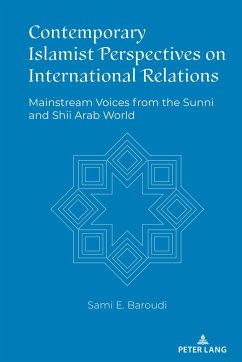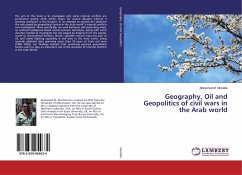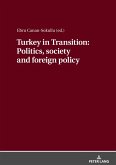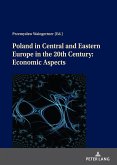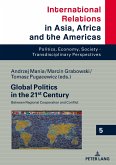This book lies at the intersection of two important and expanding fields of study: Political Islam and International Relations (IR). It contributes to both fields by analyzing the discourses of six moderate-reformist (mainstream) scholar sheikhs from the Sunni and Shii Arab World of the 20th and early 21st centuries. Four of the scholar sheikhs are Sunni Egyptians who received their education at al-Azhar and/or maintained a long-term affiliation with the institution. They are Mahmoud Shaltut (1893-1963), Muhammad Abu Zahra (1897-1974), Muhammad al-Bahi (1905-1982), and Yusuf al-Qaradawi (1926- ). The fifth is the Sunni Syrian Sheikh Wahbah al-Zuhaili (1932-2015). Finally, there is Sayyid Muhammad Hussein Fadlallah (1935-2010), a renowned Lebanese Shia cleric, who received his religious training at al-Hawza in Najaf, Iraq, the Shia equivalent of al-Azhar.
The aims of the book are three: (1) to demonstrate the presence of a moderate-reformist (mainstream) strand within political Islam that advocates a different perspective on international relations from that of the radical Islamists; (2) to identify and scrutinize the principal elements of this mainstream perspective, while underscoring the variations with it; and (3) to situate the international relations' discourses of the examined mainstream Islamist scholar sheikhs within their proper historic and ideational contexts.
The book appeals to a wide and diverse readership that is not restricted to specialists. While academics and graduate students working on political Islam and/or the Middle East are its primary audience, the work is written in an accessible style, that is kept free of academic jargon, that any reader who is proficient in English and interested in political Islam and/or theories of international relations can enjoy reading and engage with the main arguments.
The aims of the book are three: (1) to demonstrate the presence of a moderate-reformist (mainstream) strand within political Islam that advocates a different perspective on international relations from that of the radical Islamists; (2) to identify and scrutinize the principal elements of this mainstream perspective, while underscoring the variations with it; and (3) to situate the international relations' discourses of the examined mainstream Islamist scholar sheikhs within their proper historic and ideational contexts.
The book appeals to a wide and diverse readership that is not restricted to specialists. While academics and graduate students working on political Islam and/or the Middle East are its primary audience, the work is written in an accessible style, that is kept free of academic jargon, that any reader who is proficient in English and interested in political Islam and/or theories of international relations can enjoy reading and engage with the main arguments.

